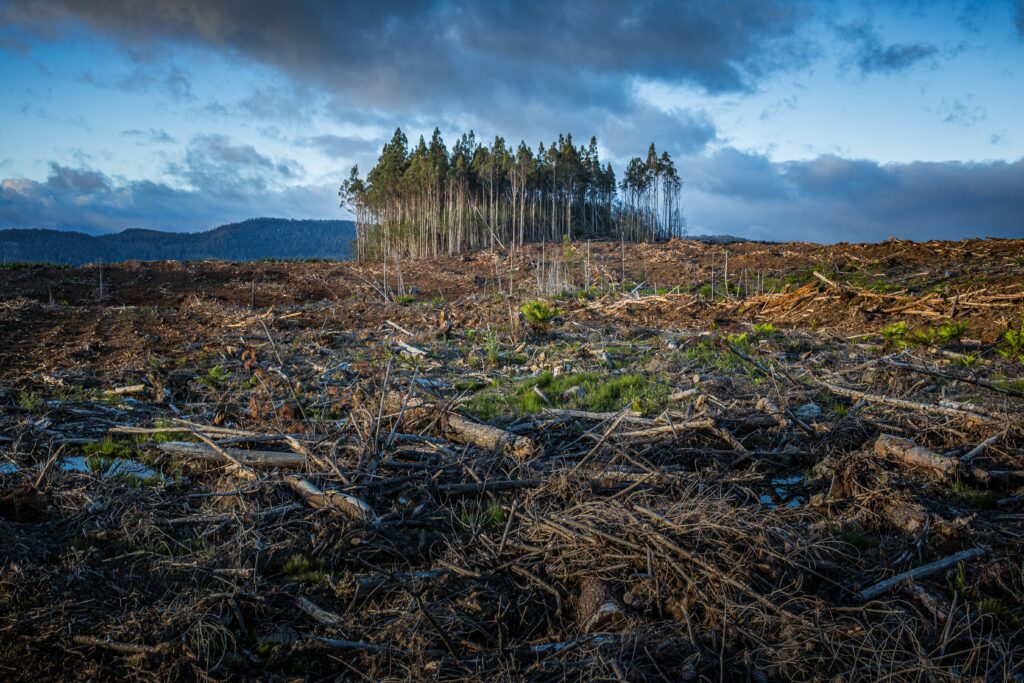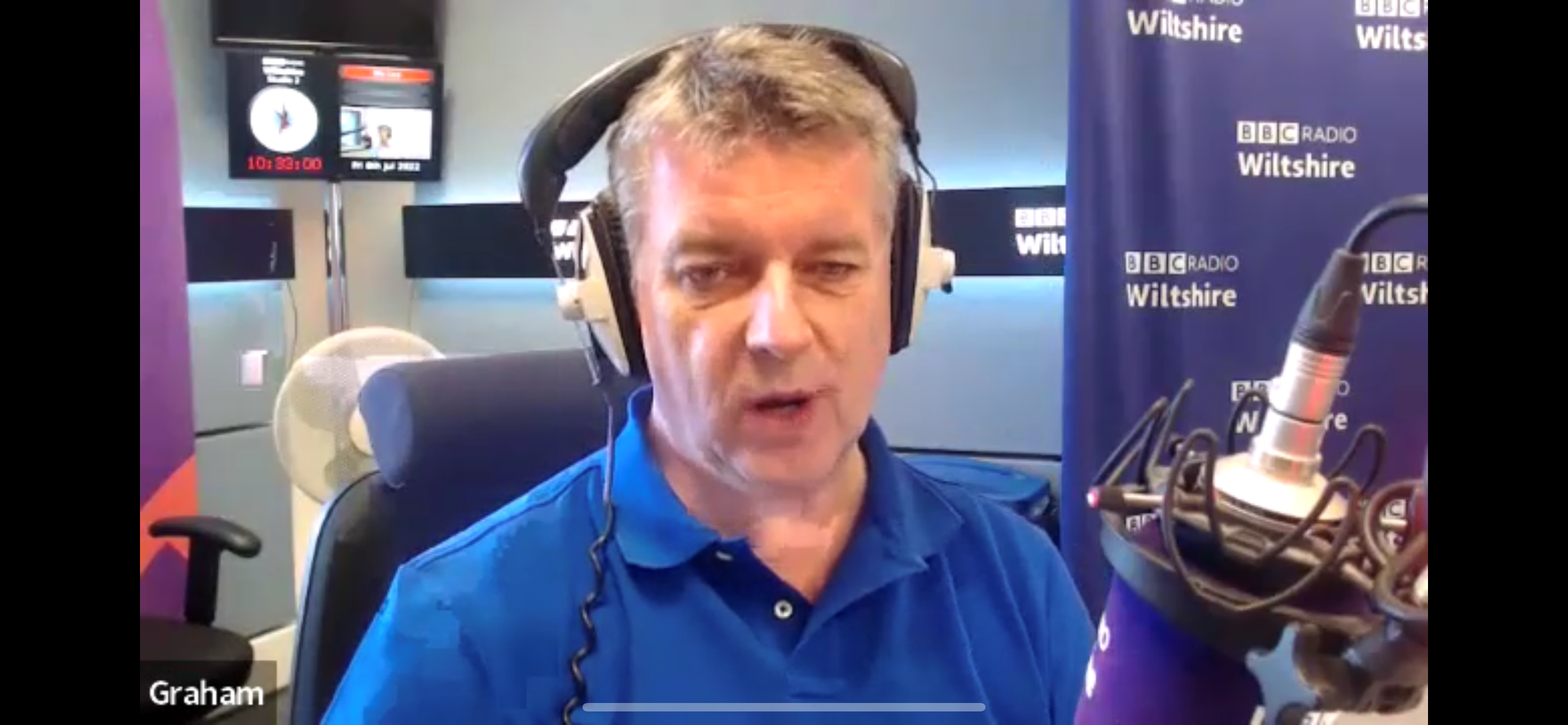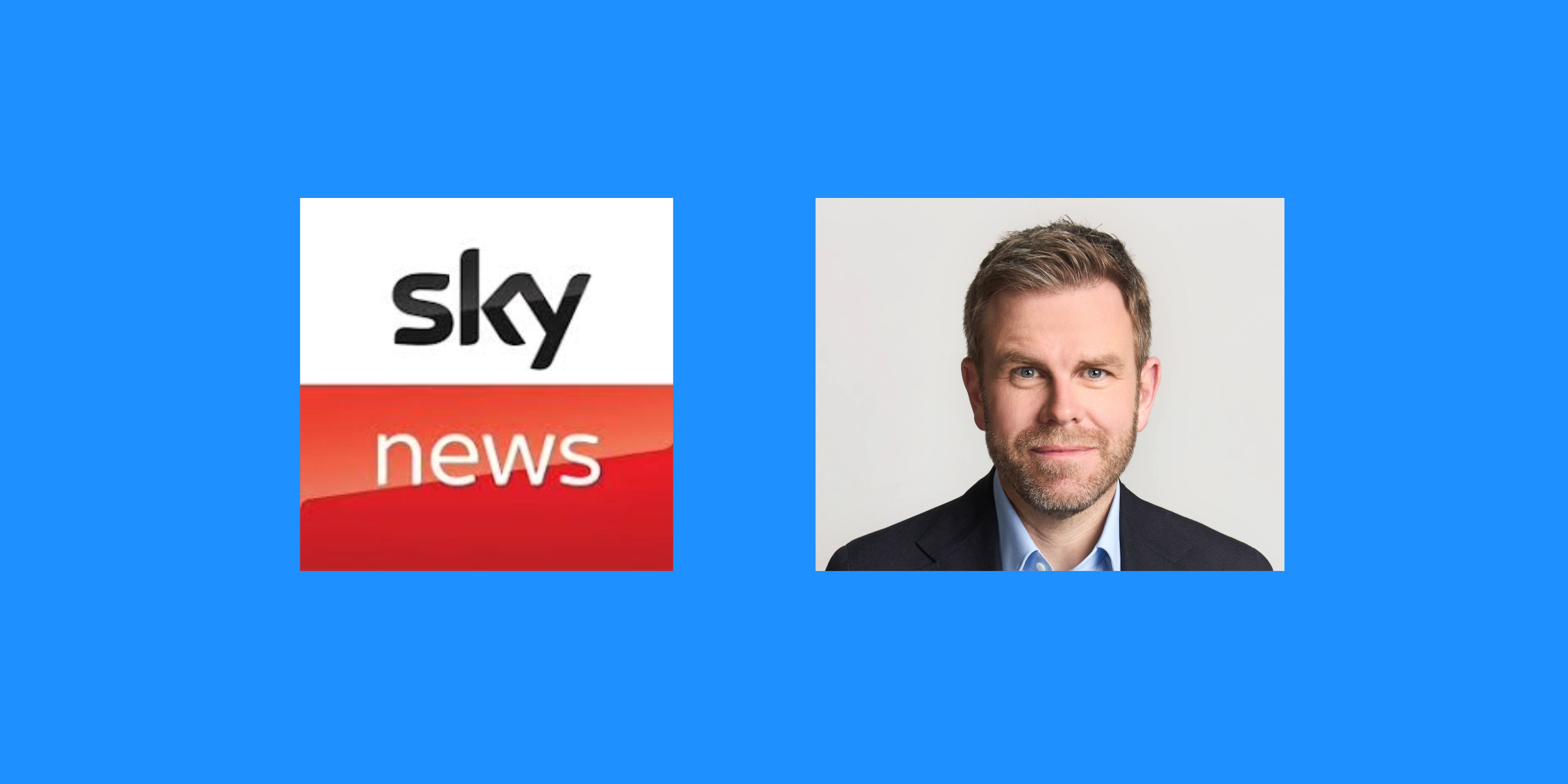Radio interviews are a great way for a brand, company or organisation to get their message to a broad audience in a cost-effective way.
An interview is a chance to change perceptions, raise awareness or simply sell a product. But we’d argue that a live or pre-recorded interview with a spokesperson on radio is so much more credible than a thirty second advert.
The benefits of a radio interview
Around 90% of UK adults listen to radio every week. Latest RAJAR figures announced that 49.7 million adults or 89% of the adult (15+) UK population tuned in to their selected radio stations each week.
Commercial radio continues to attract more listeners than the BBC, reaching 38.1 million people compared with 33 million listeners hearing live BBC radio each week. The top three commercial brands being Heart, Capital and Smooth.
But there is a new kid on the block – the volume of radio listening on smart speakers is continuing to grow and now accounts for 14% of the total share meaning that smart speakers now account for the majority of total online radio listening (24.1%) for the first time.
Why do we love radio?
It’s free! and you’ll always find a station that appeals to your specific needs, talk, classical music, rock, pop or a bit of nostalgia.
Radio listeners are filtered. This means active listeners are available in different groups that best suits their taste. This practise means audiences are already segmented, making it easier for marketing and PR to target them. It includes over forties for BBC regional radio, under 25’s for Radio 1 and Heart somewhere in the middle with 25-44 year-olds.
Coupled with a segmented audience, organic reach and if required a locally targeted audience, all is possible when it comes to radio advertising and editorial promotion. These are the reasons why brands and businesses still consider radio as one of their top marketing strategies.
Are you interested in getting a radio interview for yourself or your brand? In this guide, we’ll tell you how to get onto radio and secure the best coverage.
Which stations to approach
There are a few factors to bear in mind when you’re trying to get onto radio. The stations you approach is a critical stage in the process. Is there a specific focus on geographic areas? It is possible to target strategic locations effectively but the narrower the area the more difficult it is to secure coverage.
Often demographics are also important and commercial radio in particular consists of a wide range of stations with a variety of content and playlists attracting different types of audiences. RAJAR data helps clients analyse which stations are best for reaching their specific target demographic. New niche stations like the builder’s channel Fix FM can drill down even further for a super relevant audience.
Timing is also important when determining how to get a radio interview. Most radio days are 0800-1300 but if a brand wants to reach an drive audience as it is a motoring story or targeting parents coming back from the school run on a specific day – ie in the run up to the weekend, this can enhance the relevance and efficiency of key messages.
What stories interest radio journalists?
We have identified the following topics as ones that interest broadcasters – they are generally looking for experts who a can offer comment on breaking news stories but it isn’t an exclusive list.
Personal health. Animal Health / Pets. HR. Children and family. Education. Mental Health. Weather. Travel. Psychology. Life coaching. Personal finance. The economy. Climate change.
When trying to get onto UK radio, consider covering one of the above topic areas.

Typically brands, charities, and individuals would work with a broadcast PR agency on a retained basis to secure coverage. This would be a mixture of news hijacking and stories originated by the client e.g they’ve commissioned some consumer research to accompany a product launch, or they have some important news to share. Perhaps a pharmaceutical company with a medical breakthrough or the announcement of an acquisition which could move markets.
How UK radio interviews work
Every day radio stations are looking for interesting and engaging content for news bulletins and programming, which provides good opportunities for PR stories.
One of the best ways of getting onto UK radio is to commission a radio day. Radio days (radio tours) involve a spokesperson conducting a number of interviews for a PR campaign with both regional and national radio.
Usually, radio days involve both pre-recorded and live interviews across on average around 15 stations in a half day most likely from 0800-1300.
It can be quite a busy schedule for the spokesperson, and it is important that they are fully briefed on key messages prior to the first interview.
One problem that can occur with radio days can be that spokespeople want to include as many brand mentions as possible and do a good job for the client.
Although we know that every client wants their name mentioned on air, we also want the audience to be engaged with what the spokesperson is saying so we always recommend one brand mention and one website mention during an interview. The BBC have very strict rules on commercial stories, and we always think it is better for the spokesperson to have an interesting chat with the host about the story instead of risking being taken off air for being too commercial.
News vs programming
During a radio day it is also important for spokespeople to know the difference between an interview for news and for programming.
News interviews are usually pre-recorded and they will want short, concise answers from the spokesperson as they edit it down into short 15-30 second sound bites. Your spokesperson may be asked to conduct the interview the afternoon before (under embargo) to enable the story to run from 0001 on your chosen launch date.
Programming is around 5 -8 minutes on a regional BBC station and 3-4 minutes for a national radio show. The interview is usually live, so it gives the spokesperson a great opportunity to build a good rapport with the presenter.
Securing the radio interview though, involves various steps. Here are our top tips on how to get a radio interview and drastically improve your success rate.
STEP 1: Commissioning research
PR surveys have quickly become the secret weapon for PR professionals and for good reason.
PR research is a cost-effective way of gathering consumer insight and understanding the attitudes of different demographic groups. The objective for PR research is to ensure that the headlines have ‘talkability’ but that the news story is relevant to the brand commissioning the research.
We recommend a full week to sell in once the research is commissioned and the press release is written and to ensure there is a timeline to keep everyone on track. PR research is an essential step to getting onto UK radio.
STEP 2: Agree a radio and TV media target list
This is a suggested key list for a consumer campaign:
BBC Radio 5 Breakfast, 1.75 million
Times Radio 703,000
Sky News Radio, 3 million
You and Yours, 1.2 million
LBC Radio, 1.2 million
Talk Radio, 650,000
GB News, 239,000
BBC Breakfast News, 1.3 million
Channel 5 News, 750,000
UK health network 130,000
BBC Asian Network, 500,000
BBC regionals, typically average around 100,000 listeners.
Local Commercial stations – with a reach of 50,000 plus. Our recommendation is to plan a story that lends itself to grass roots community stations too.
STEP 3: Selling in
Drafting of press releases, to be submitted for a client’s approval. We always expect to draft several different releases, tailored to different programmes. Where possible, supply, when appropriate, an accompanying infographic for broadcasters to use on their websites and for social media.
The best time in the week to embargo a story to is a Thursday or Friday – as ahead of a weekend is generally a good fit for consumer PR generated campaigns. More serious hard news stories can go earlier in the week but avoid a Monday as it is always the most competitive day.
There are some key elements which help us consistently secure great broadcast coverage and maximise the chances of getting onto UK radio. They include:
What’s the top line? All the journalists want to know what the story is in one simple sentence. If you don’t know what it is, then you’ve got no chance. It’s about clarity and headlines are important.
Send an e-mail but follow it up !
Broadcast PR experts like Shout! Communications have extensive radio, databases depending on who the client wants to reach. This is our USP and has been built up more than 20 years. We send out the different stories to relevant broadcasters, but follow-up with our excellent contacts individually. In broadcast PR personal relationships matter.
Understand the programme. When targeting broadcast journalists, it is important to know which audiences they are trying to reach. Different programmes on different radio stations and have very different audiences. We tailor ours specifically and wouldn’t for example target a consumer launch with a celebrity to BBC Radio 4 The Today Programme but 100% would to Talk TV/ Radio, Vanessa Feltz Drive.
Timing. Journalists are under constant pressure to fill programmes and it is important to understand the planning processes for different outlets. The first port of call is planning desks and it is important to know for example when their big weekly meetings take place. Never pitch a story just as they’re about to go on air.
Give them options. Radio broadcast journalists will always be grateful for interesting guests to interview and in the world of multi platform content good visuals. As part of the selling-in process try and give options including a variety of spokespeople/locations etc.
Typically, you would target national and regional TV and radio stations. But you need to tailor your approach for each to maximise coverage and increase the chance of getting onto radio. For national stations, for example, there would be a requirement for a harder news line.
For regional stations, there is an appetite for a more awareness stories along with top tips. Most nationals and all regionals appreciate a credible spokesperson, and this is reflected in the coverage. Any spokesperson needs to have NOT been involved in a radio day for at least 4-6 weeks – it doesn’t matter how much a show likes chatting to them they won’t put them on air if they’ve just been a guest. . Third party spokespeople take the commercial sting out a story and will secure more interviews than a brand or corporate spokesperson alone. BBC radio in particular will be resistant to putting them to air as it is too much of an advertisement and breaks Ofcom guidelines.
STEP 4: Location
To ensure the campaign is exciting and relatable you could consider broadcasting (live OB) from a visually interesting location. We can a bring our portable radio studio to any venue whether it is a show at the NEC, a launch at a shopping centre or just convenient for the spokesperson to be in a hotel.
Zoom and FaceTime are still widely accepted for radio interviews and the majority of interviews are conducted remotely.
Broadcasters like the flexibility of remote radio days – they can book or re-book a spokesperson in easily and quickly. Clients are also reporting that they get more value for money from paid third-party spokespeople who don’t need to spend time travelling into a London studio.
STEP 5: Briefings
As crucial as the technical rehearsal is the editorial briefing, which we offer the day before the campaign. This should be left as late as possible as opportunities can come in last minute. During the briefing spokespeople are guided through the schedule. This includes explaining the approach each interviewer is likely to take and flagging-up key research findings where appropriate. This is a good opportunity for reinforcing key messages and for spokespeople to do a practice interview with our producer, if they’d like to. For research stories it is important to pick out the most crucial regional statistics and present these to the spokespeople in bite-sized chunks.
STEP 6: On the day
Whether on location, or being done remotely, all participants assemble in good time, prior to the first interview. This is also a good time for a nervous spokesperson to have a last practice and for the producer to confirm the opportunities.
Post Covid, and cutbacks across BBC and commercial networks, radio campaigns have been extended across most of the day. The bulk of the interviews will happen earlier on in the day and the last will finish by around 17:00.
Some clients elect to include a syndicated audio feature as part of the broadcast day. This is syndicated out to more than 300 commercial radio stations. The BBC and larger commercial stations will not take PR generated content, but smaller commercial stations with fewer resources will.
Expected Coverage
An average radio day has around 15 interviews, at least 2-3 would be national stations. These will be a mixture of regional and national outlets.
STEP 7: Post campaign
Evaluation report summary. Post campaign you can expect a full list of radio stations. The information is compiled into a final report, including audio from all interviews. This would include audience reach and key messages communicated to help with ROI analysis.
Guarantees for radio
Radio is still one of the most significant mass media in the UK. Radio stations need content, interesting stories, features, competitions and promotions.. Shout! Communications guarantees a minimum of 10-12 opportunities across BBC and commercial, national and regional radio stations with a weekly reach of at least a million listeners. We expect 1-2 of these at least to be nationals. Of course, we may get much more and frequently do.
We give our guarantee confidently. Our media consultants are skilled at creating radio PR campaigns because many of them have worked as broadcast journalists themselves. We have the contacts and the know-how to get your story broadcast.
A good top line, plenty of talkability and a great spokesperson – the perfect combination to ensure a successful radio day.
If you have an upcoming radio campaign that you’d like to discuss with us we’d love to support you. Read more about our radio days here. https://shoutcommunications.co.uk/what-we-do/broadcast-media-relations/radio-public-relations/




